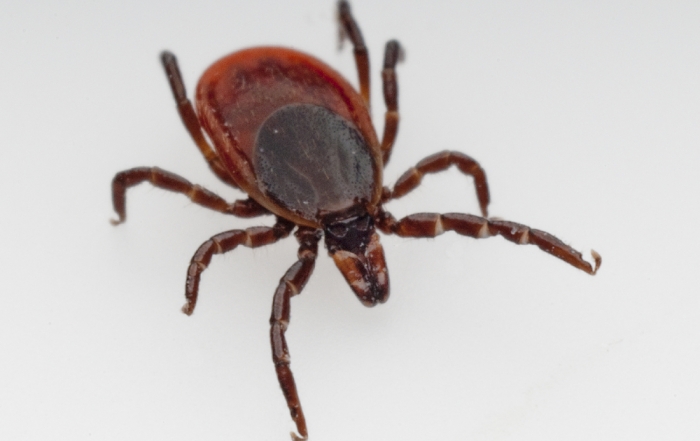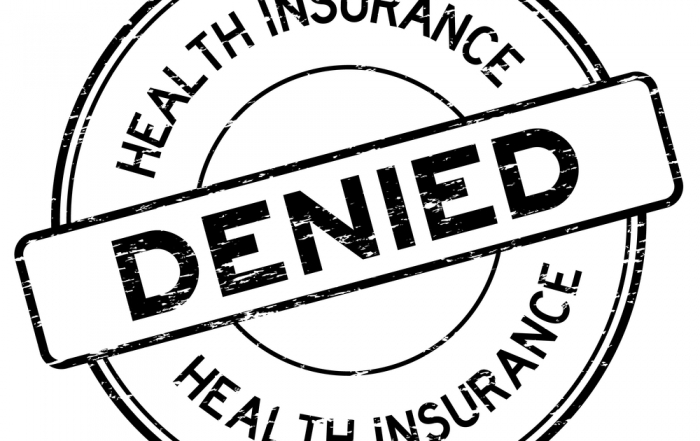Antibiotics are the primary treatment. The specific approach to their use is dependent on the individual affected and the stage of the disease. For most people with early localized infection, oral administration of doxycycline is widely recommended as the first choice, as it is effective against not only Borrelia bacteria but also a variety of other illnesses carried by ticks. Doxycycline is contraindicated in children younger than eight years of age and women who are pregnant or breastfeeding; alternatives to doxycycline are amoxicillin, cefuroxime axetil, and azithromycin. Individuals with early disseminated or late infection may have symptomatic cardiac disease, refractory Lyme arthritis, or neurologic symptoms like meningitis or encephalitis. Intravenous administration of ceftriaxone is recommended as the first choice in these cases; cefotaxime and doxycycline are available as alternatives.
These treatment regimens last from one to four weeks. If joint swelling persists or returns, a second round of antibiotics may be considered. Outside of that, a prolonged antibiotic regimen lasting more than 28 days is not recommended as no clinical evidence shows it to be effective. IgM and IgG antibody levels may be elevated for years even after successful treatment with antibiotics. As antibody levels are not indicative of treatment success, testing for them is not recommended.








